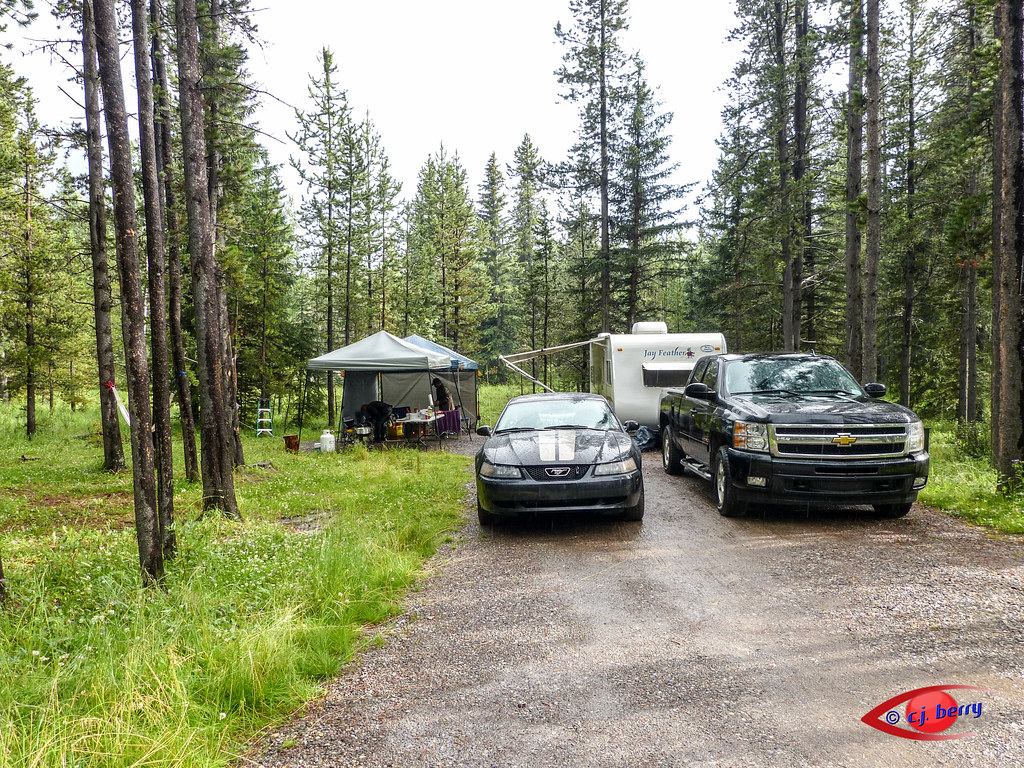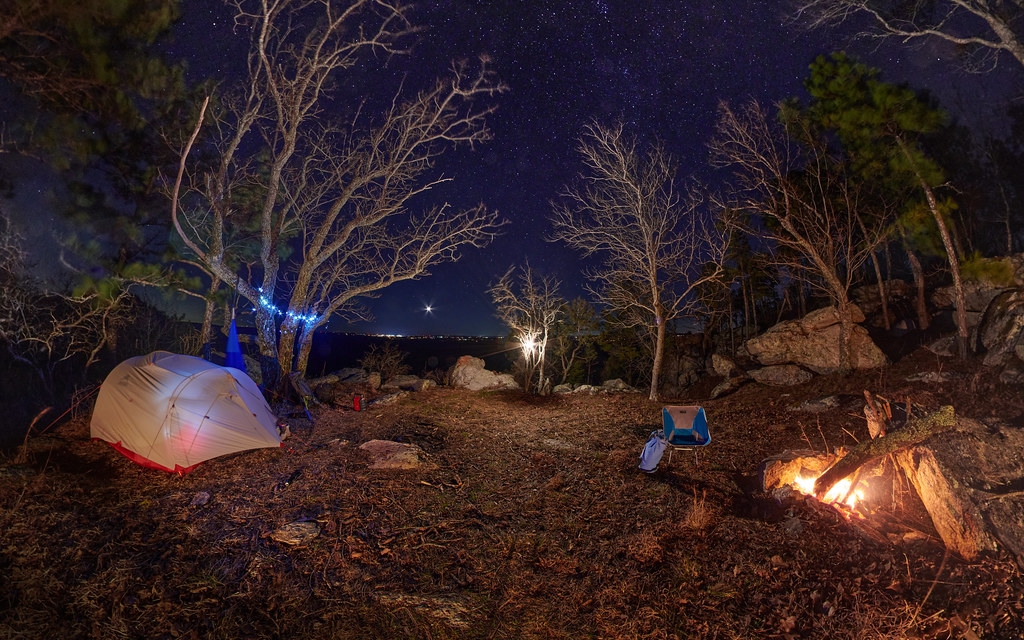Canada’s size is undoubtedly massive, and as expected, the cost of lodging throughout the nation varies significantly. At the lower end of the expense spectrum, campgrounds and dorm rooms in hostels offer the most cost-effective options for travelers, with rates starting at a reasonably affordable $25 per night. However, hotels and motels represent more significant uncertainty in pricing, with unpredictable rates fluctuating considerably depending on location, amenities, and seasonal demand. Nevertheless, during the peak traveling season, finding a double room for less than $100 in any part of the country would be a stroke of luck. Ultimately, given Canada’s diverse geography and abundant attractions, the budget-conscious traveler may need to do some diligent research and comparison shopping to secure accommodations within their means while still experiencing all that this magnificent country has to offer.
Before embarking on any journey to remote regions of Canada, it’s essential to check accommodation availability thoroughly. Despite a location appearing sizeable on the map, there may be limited or no hospitality options available. US visitors should particularly note the relative scarcity of chain motels compared to similar regions back home. It is advisable to book accommodations in advance during peak periods, particularly in summer and local events like the Calgary Stampede when lodgings are in high demand. Cancellation policies can vary, with most places allowing for 24-hour notice, while more popular areas like Banff might require up to three days’ cancellation notice. Room taxes can add as much as seventeen percent to the quoted rates, with the highest fees typically being in the Maritime Provinces (ranging from thirteen to fifteen percent) and the lowest in Alberta (nine percent). When in need of lodging assistance, it’s worth approaching local tourist information offices. Although most offer free advice and booking services, they may hesitate to recommend specific accommodations.
Hotels
In Canada, hotels fall into three categories: high-end establishments, modest downtown lodgings, and roadside motels. In many cities, the focus is more on catering to business travelers rather than tourists. At the upper end of the spectrum, luxurious hotels can cost anywhere from $150 to $500 per night, with $250 being a reasonable rate for a deluxe double room in most locations.
Mid-priced hotels are often part of well-known chain brands like Holiday Inn or Best Western, offering greater comfort than average motels. During high season, you can typically find a double room in one of these hotels for around $110, although rates can be higher in popular resorts or downtown areas of major cities.
The least expensive hotels, typically found in medium and small-sized towns across the country, cost anywhere from $65 to $80 per night. Many of these budget-friendly options are relics of previous days when liquor laws made it challenging to operate a bar without an associated restaurant or hotel. While these hotels offer the advantage of being centrally located, the rooms often leave much to be desired regarding amenities and overall quality.
Motels
Motels, referred to as inns, lodges, resorts, or motor hotels, all share similar characteristics: conveniently located along highways, reasonably priced and reliable accommodations situated on the outskirts of towns. The starting rate for a basic room is often around $75, with the average price hovering closer to $100. However, in remote areas or resorts, rates can exceed this amount for what might be considered pretty basic accommodations. The cost of staying at these motels typically drops the further you move from the downtown area of larger cities.
Many motels offer reduced off-season rates, usually from October to April, with rooms accommodating triple or quadruple occupancy. Most are flexible about adding an extra bed to double rooms for a nominal fee. In addition, many places offer a family plan, allowing children to share their parents’ room to stay for free. If you plan on staying for multiple nights or weeks, negotiating with motel owners/managers for discounted rates or checking for advertised weekly rates is worthwhile.
Bed and breakfasts (B&Bs)
Recently, the number of B&Bs or Gîtes du Passant has increased dramatically in large cities and popular resort areas across Canada. These establishments typically maintain high standards and charge around $85 or more per couple, including breakfast. While they may not offer significant savings compared to more affordable hotels or motels, Canadian B&Bs resemble their upscale American equivalents more closely than the budget-friendly European versions. However, visitors staying at these B&Bs can expect to experience luxurious rooms, often located in heritage buildings at prime locations, and get the opportunity to engage with Canadians on a more personal level.
Hostels, Ys, and student accommodation
Canada boasts approximately 60 Hostelling International (HI) hostels and 140 non-affiliated hostels, most of which are Backpackers Hostels Canada network members. These can range from small dormitory-style accommodations to summer student housing and budget guesthouses that offer private rooms. While the quality varies significantly across these establishments, many still offer discounts for HI members or students.
Most of the hostels listed on specific websites maintain reasonably high standards; the best among them have been described in this guide. For HI members, dorm beds typically cost between $20 and $25, while basic private rooms start at $35 (nonmembers usually pay $5 to $15 more). The YMCA and YWCA also provide hotel accommodations in multiple Canadian cities. Some, such as the YWCA Hotel in Vancouver, are part of the Backpackers Hostels network, while others – like the Hôtel Y Montréal – resemble smart private hotels. Despite being established mainly to provide community activities and affordable housing options for locals, several Ys in Canada offer tourist accommodations as a separate business. In university cities across Canada, it’s often possible to find student housing during the summer holidays. Although the accommodation is simple and functional, without much character, guests may be granted access to campus sports facilities. Unfortunately, most places are located far from the city centers. Single and double rooms are available, starting at approximately $35. It’s essential to call well ahead to secure a room, as many locations are part of the Backpackers Hostels network.
Hostelling International Canada – hihostels.ca
YMCA Canada – ymca.ca
Farm vacations
Farm vacations offer a unique opportunity to spend your vacation as a paying guest on a working farm, where you can enjoy delicious meals, budget-friendly accommodations, and the chance to participate in farm activities (if you so desire) while mingling with your hosts. In Ontario, farm-based B&Bs provide reasonably priced lodgings. In Western Canada, you can stay on a ranch and work as a ranch hand, but due to the remote locations, prices usually include the entire board and riding activities (starting at $120/day). For more information, consult with tourist offices and provincial accommodation guides. BC Guest Ranchers’ Association (bcguestranches.com) is an excellent resource for further details.
Camping
Canada offers an abundance of camping options, with many urban areas featuring campgrounds (referred to as a “campground” in Canada, with individual sites called “campsites”). Additionally, government-run sites are available at most national and provincial parks, and in federally owned crown lands, camping is generally permissible anywhere. However, if you plan to camp with a tent, scrutinize the campground’s fine print to determine the number of unserviced campsites. Some places are geared primarily towards RVs and may only provide full or partial hook-ups for water and electricity.

Campgrounds can become quite crowded in July and August, especially near mountain, lake, or river resorts. To avoid disappointment, aim to arrive early or book ahead. While reservations can be made easily at most private campgrounds, such arrangements are not typically available at national or provincial park campgrounds, where access is often first-come, first-served (though some national parks do accept reservations – check out reservation.pc.gc.ca for more information). Finally, ensure that your selected site is open, as many campgrounds operate seasonally from May to October.
Types of campground
Municipal campgrounds are the most basic option, offering few facilities and typically charging only a nominal fee – often around $5 per tent or $10 per RV. Private campgrounds, on the other hand, can range from bare-bones affairs to sprawling outdoor complexes complete with shops, restaurants, laundries, swimming pools, and tennis courts. These private campgrounds may use various pricing models, charging by vehicle, per couple, or person. For two people sharing a tent, the cost might be anything from $2.50 to $25 each, with an average price of around $15.
National and provincial park campgrounds, overseen by Parks Canada and individual provincial governments, respectively, are generally well-maintained and open only from May to September (although some may be available year-round, with limited facilities and fees collected via an honesty box). Winter camping sites are often available in larger national parks, particularly in the Rockies, with prices ranging from $20-$40 for full amenities (electricity, sewage, water, and showers) and $16-$25 for basic pitches (wood, water, and pit toilets). Basic backcountry sites may also be available, typically providing only fire pits and firewood. If you plan to camp in an official backcountry site or rough it in the parks, you must obtain an overnight permit from the park center (costing $9.80).
Primitive camping
Primitive camping, known as backcountry or wilderness camping in Canada, is common in larger national and provincial parks. However, specific rules must be followed to ensure safety and environmental responsibility. Firstly, it’s important to check if fires are allowed in the area you plan to camp, as many places prohibit them during the summer due to the risk of forest fires. Use designated fire pits or stoves instead of local materials if fires are permitted. Using previously used campsites to limit your environmental impact when camping in wilderness areas.

If camping in bear country, take extra precautions. In areas without toilets, bury human waste at least 10cm deep and 30m away from water sources and campsites. Canadian parks request that all rubbish be packed out while burning what you can elsewhere and carrying away the rest. It’s important never to drink directly from rivers or streams, regardless of how clear they may appear. If you need to drink untreated water, boil it for at least ten minutes, or use an iodine-based purifier or Giardia-rated filter, typically found at camping or sports stores.
oTENTik tents

Parks Canada introduced a more luxurious camping option in national park campgrounds, oTENTik tents. These structures are a hybrid of a tent and cabin, featuring a sturdy wood frame with canvas walls and roof, hardwood floors, bed frames, and basic furnishings. Each oTENTik tent can accommodate up to six people across three beds. While shared washrooms are available, cooking and food consumption inside the tent are prohibited. Rates for oTENTik tents range from $75 to $150 per night, depending on the park and season.
Conclusion
In conclusion, while the vast size of Canada can make finding suitable accommodations a challenge, the country’s diverse geography and abundant attractions make it a destination worth exploring. Travelers on a budget can find affordable options at campgrounds and hostels, with rates starting as low as $25 per night. However, hotels and motels can be unpredictable in terms of pricing, and during peak travel season, finding a double room for less than $100 can be challenging. With diligent research and comparison shopping, budget-conscious travelers can experience all Canada offers without breaking the bank.